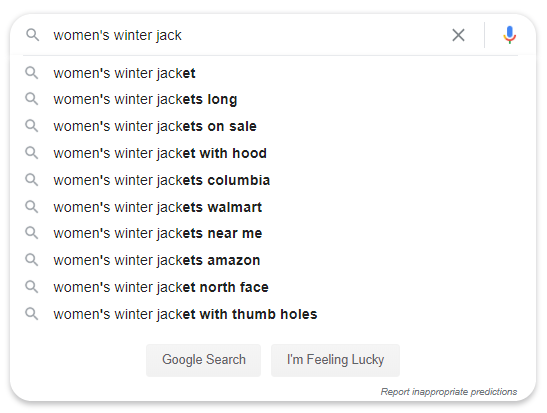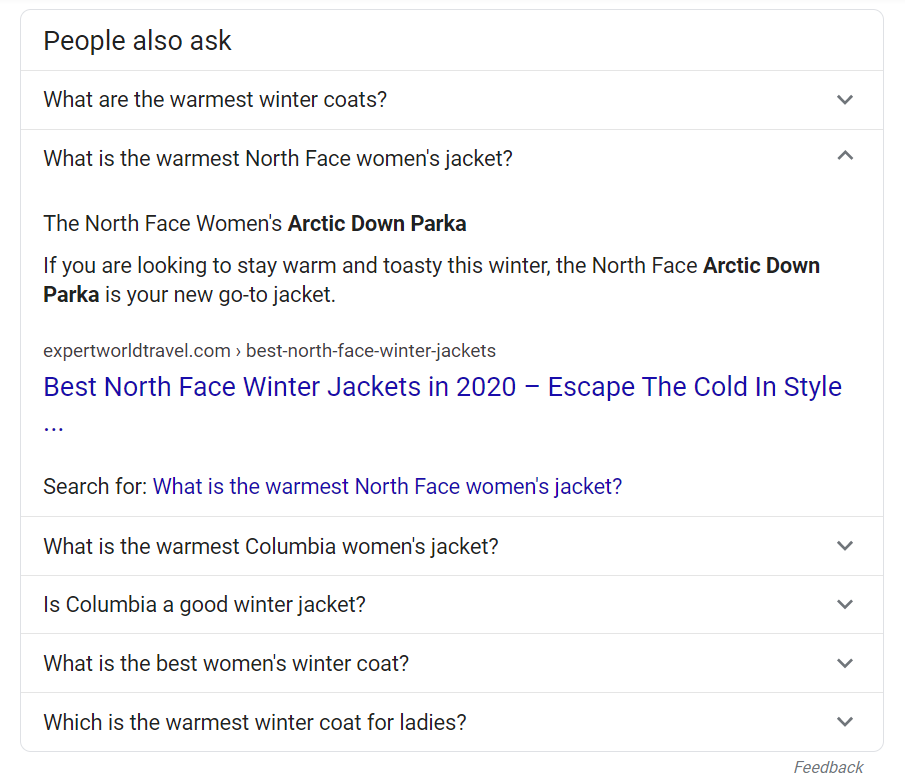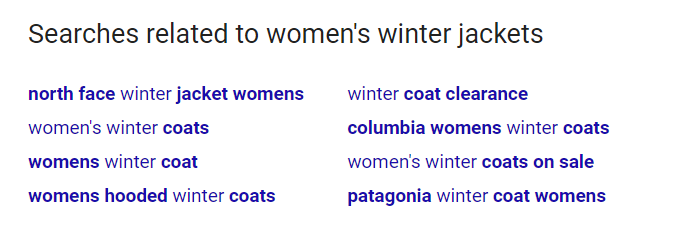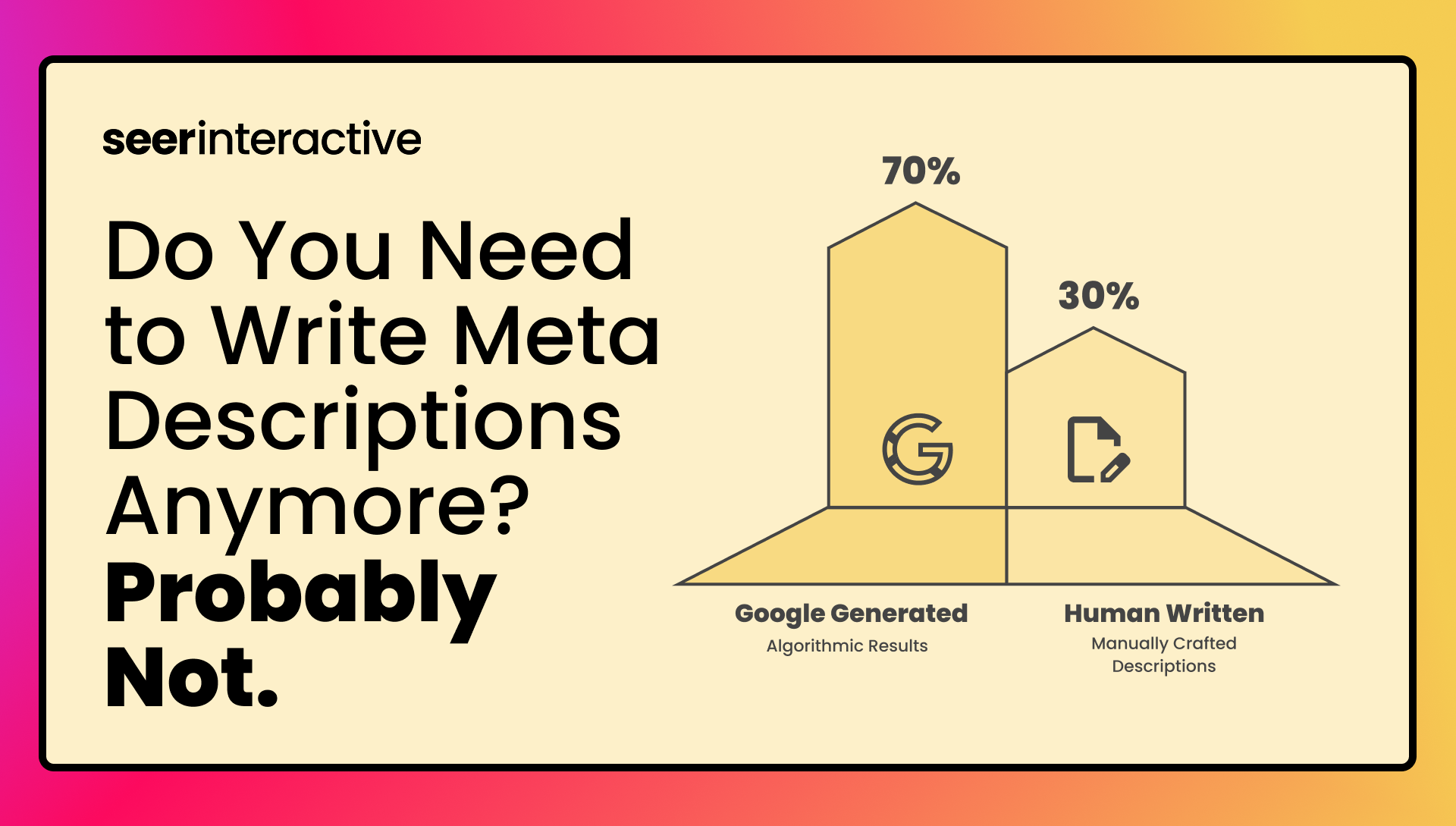Ahhh, keyword research. It’s one the first things you do when looking to optimize a new or existing page, or when you’re trying to come up with a new content topic, but for many keyword research can be a daunting task. It’s so important, and what if you mess it up?!
Well lucky for you, we’ve got some quick tips to ensure you’re covering all your bases.
Tip 1: Use More Than One Tool
Depending on what you’re doing keyword research for it can be tempting to just hop into your preferred tool, plug in some starter topics, and just go from there. But there are so many tools out there, and if you’re only using one then you’re not getting the full scope.
At Seer, we love starting with tools like SEMrush Keyword Magic and Google Keyword Planner, but why not also head over to places like Answer The Public, Keyword.io, and Ahrefs? Looking at multiple sources casts a wider net, which can be especially helpful if you’re doing keyword research for a niche topic or looking for content ideas.
Tip 2: Let the SERPs Help You
People Also Ask, Related Searches and Google Suggest - oh my! Sometimes you don't even need to stray from Google’s Search Engine Result Pages (SERPs) to discover new relevant keywords.
Google Suggest
Just pop into Incognito mode, start typing in a relevant keyword or phrase, and Google will start recommending similar terms or phrases that start with your keyword that other users are commonly searching.

People Also Ask
After typing in a relevant keyword, many times on SERPs you’ll notice a section called ‘People Also Ask’ (PAA). The phrases that populate in this section are the most commonly asked questions that relate to the phrase or question you typed into the Google search bar.

When optimizing a page, we often try to incorporate PAA terms into headers and then answering that question in the copy directly under it. In turn, that increases the page’s chance of returning a result for a PAA term.
Related Searches
Related searches can be found at the bottom of SERPs and contain just that - searches related to the one you entered into the Google search bar. These differ from Google suggest in that they don’t all start with your entered search phrase but contain terms that Google knows to be related (ex: jackets & coats).

Tip 3: Got Paid Data? USE IT!
This wouldn’t be a Seer post unless we talked about cross-div data, would it? If you or your client have paid data, that means you have insight into what queries are driving clicks and conversions. Notice you’re converting really well for a term, but there’s no other content related to that topic on your site? Or think it could make a good blog post? Use it!
Don’t have paid data? If you’ve set up Google Search Console, that means you’ve also got clicks, impressions, and CTR data for queries.
While we could go on for hours (paragraphs? pages?) about different ways we do keyword research here at Seer, we want to know what your top tips are! Let us know in the comments!
Sign up for our newsletter for more posts like this - delivered straight to your inbox!



